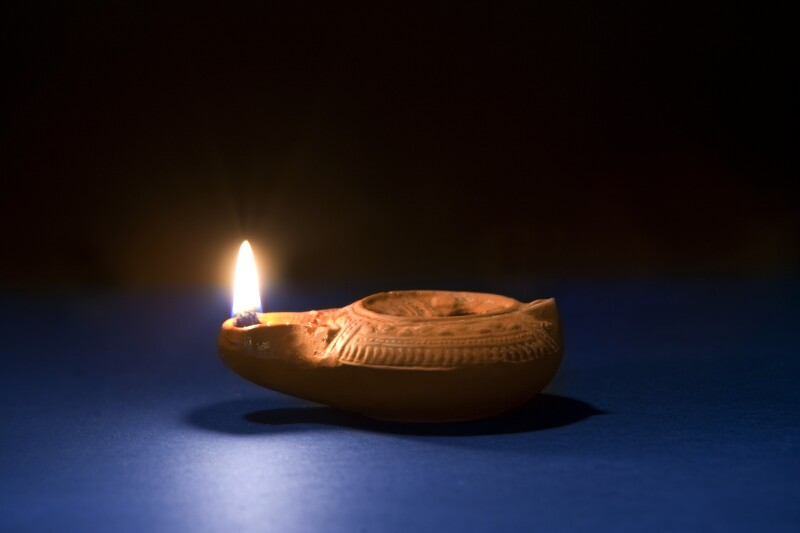The parable of the ten virgins is filled with lessons for our day. The story has been a central focus in many recent Church messages, including four talks from the April 2025 general conference.
But even with this recent emphasis, Brigham Young University–Idaho professor Lori Denning believes there’s one hopeful detail from the story we don’t remember enough. She recently joined podcast host Brooke Walker for a Magnify episode all about the parable.
“I think the first thing that we need to remember is that [the Second Coming] is something joyous,” Lori suggests. “Remember, [the setting of the parable is] a wedding. The Lord specifically used a wedding for His Coming. Not something scary.”
Why Christ Compared His Second Coming to a Wedding
Lori suggests the scriptural and historical context of the parable matters. She explains that the parable appears in Matthew 25 as a response to the Apostles’ questions in the previous chapter:
“In Matthew 24, the disciples are with Jesus, and they ask two big questions: ‘When will the temple be destroyed? … And then, when are You coming again?’ …
“Jesus takes that moment, and He shifts it from all of those scary things that they’re wanting to know. And instead of the what and the when, … He shifts it to how we should live and readiness. …
“Instead of it being a ‘doom and gloom’ and apocalypse, He’s going to say, ‘Ah, when am I going to come again? When is the party going to start? The wedding? Well, let me tell you how you’ll know.’”
This joyous setting of the wedding reminds us that, as we witness “signs of the times,” we can remain hopeful and even excited as we prepare for Christ to return.
Lori explains that wedding celebrations during Christ’s time involved processions with familiar roles and rituals. As one issue of the Liahona described:
“It was a custom among the Jews for the bridegroom to come at night to the bride’s house, where her bridesmaids attended her. When the bridegroom’s approach was announced, these maidens went out with lamps to light his way into the house for the celebration.”
This context reminds us that the ten virgins all knew the bridegroom and were there to celebrate the occasion. Likewise, because of our relationship with the Lord, the Second Coming will be a joyous reunion. It is a setting where we will want to be.
“One thing that’s really critical to remember on this is that these are people that are invited to the party,” Lori says. “They’re excited to be there. They want to be there. And yet they just didn’t quite prepare enough.”
How Can We Prepare?
With this joyful setting in mind, Lori believes that we should focus less on whether we’ve done “enough” to prepare and focus more on nurturing our covenant relationship with Christ.
“The question isn’t, ‘Oh no, am I one of the five [prepared virgins]?’ I think the question is, ‘Wait, do I know the Lord? Yeah, I probably do if I’m asking that question,’” she says. “There are things I could do to … be more like Him and to know Him better. But that’s what it’s about—not a checklist.
“This isn’t a giant checklist of, ‘Oh, I’m really glad I did those 25 things.’ It’s about relationship. … It’s joyful.”
Thankfully, a covenant relationship with the Lord isn’t one-sided. Lori believes that Christ will help us know what to focus on to prepare our “lamps of testimony” and “oil of conversion.”
“I think He knows each of us,” Lori testifies. “He’s covenanted to never forget us and to always be in relationship with us. And all we need to do is just keep filling our lamps with oil, the little things of conversion, being those great people that we are.”
Hear more from Lori on the full Magnify episode, which is available on all major podcast streaming platforms.
More articles for you:
▶ The quote from conference that’s on my mind weeks later
▶ Watch: Apostles reflect on the ‘transcendent’ moment a new prophet is ordained
▶ Pres. Holland’s counsel to youth that everyone needs to hear
Enhance your conference study
Journals will begin shipping in November.



